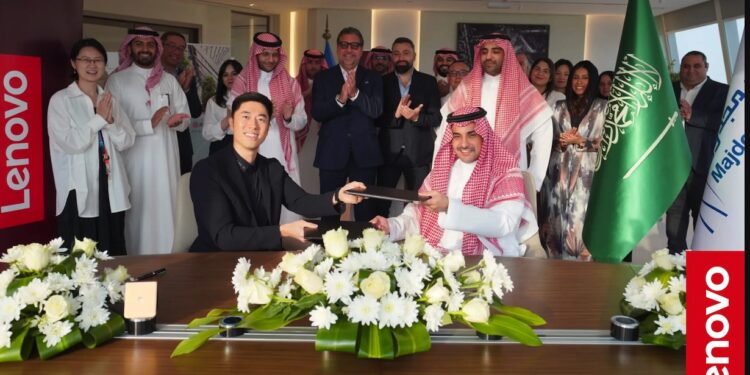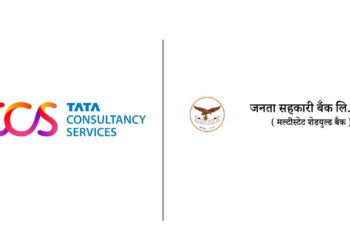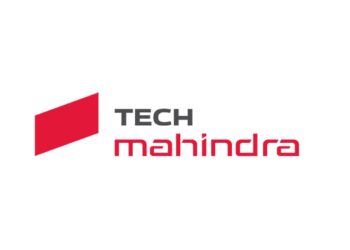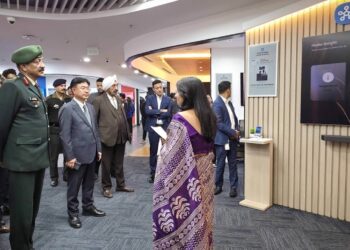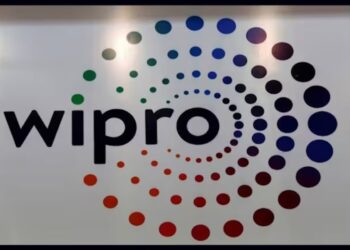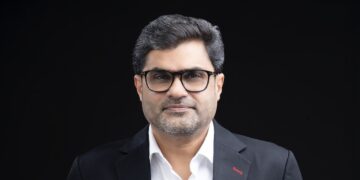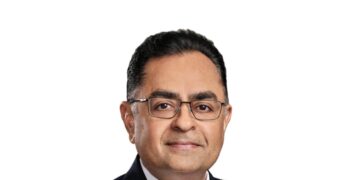Lenovo has announced the appointment of its leadership team in Saudi Arabia. This marks a significant step in the company’s plans to expand in the region and establish a new Regional Headquarters (RHQ) in Riyadh.
The new headquarters will be in the well-known Al Majdoul Tower, showing Lenovo’s dedication to supporting Saudi Arabia’s Vision 2030 and to helping with the country’s digital progress and economic growth.
This announcement is part of Lenovo’s partnership with ALAT, a company owned by the Public Investment Fund (PIF). In February 2025, Lenovo and ALAT started building a 200,000 square meter advanced manufacturing facility in Riyadh. This facility aims to produce millions of “Saudi Made” devices by 2026. At the same time, Lenovo is working to set up its RHQ in Riyadh, which will be in the Al Majdoul Tower. This tower is already home to many PIF and government organizations, as well as tech companies.
Lenovo has appointed Lawrence Yu as the head of the new Regional Headquarters. Giovanni Di Filippo will serve as the Vice President and General Manager for Lenovo Saudi Arabia, and Zoran Radumilo will be the new Chief Technology Officer (CTO) for Lenovo Saudi Arabia.
Lawrence Yu has been with Lenovo for 15 years and has played a key role in forming the partnership with ALAT and planning the new manufacturing site in Riyadh. He has an MBA from Harvard Business School and will now oversee Lenovo’s headquarters and manufacturing projects, helping the company grow in line with Saudi Arabia’s goals for industry and digital technology.
Matt Dobrodziej, Senior Vice President & President of Lenovo EMEA, stated, “Finding a location for Lenovo’s Regional Headquarters in Al Majdoul Tower and having our new leadership team is a major step in our plans for the region. With our partnership with ALAT and investment in advanced manufacturing, we are excited to help Saudi Arabia’s Vision 2030 by promoting industrial growth, speeding up digital progress, and supporting sustainable economic development. Our work in Saudi Arabia, including the RHQ, retail space, and manufacturing facility, is expected to contribute up to USD 10 billion to the non-oil economy by 2030, showing our commitment to the country’s long-term growth.”
Also Read: Why Saudi Arabia Is Becoming a Magnet for Foreign Investors
